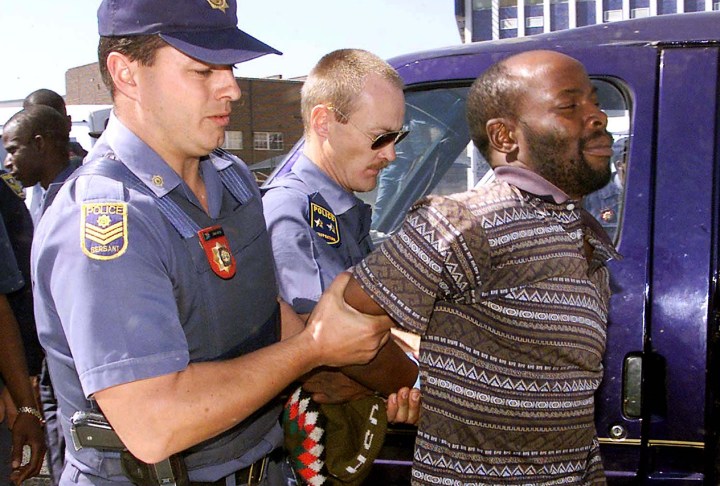Politics
Analysis: Public transport gets safer, driving doesn’t

The government is coming down unexpectedly hard on soft targets: airlines and bus companies. But the leading cause of death in South Africa, ordinary drivers, remain pretty much untouchable.
A bus belonging to SA Roadlink was impounded on the weekend after being found to have trouble with its brakes, making for three in as many days. SA Airlink has yet to get all its planes operational after coming perilously close to being shut down alltogether. There are strong moves afoot to nail bus operators who don’t have two drivers for long-distance routes. Tough fines are promised for unlicensed public drivers, especially those who take money to run a taxi service using a bakkie or open truck.
What do these have in common? They are all reactions to tragedies or near-tragedies, all of which were widely reported. They involve relatively easily-policed groups. And – while making public transport safer overall – they will collectively barely make a dent in South Africa’s transport death figures. Which stand at 1,057 for December.
Unless a public operator or airplane is involved, the investigation of the causes of fatal accidents can be somewhat sketchy. But we’re pretty certain that, in South Africa, unroadworthy vehicles or poor maintenance is responsible for at most 15% of all deaths, and a lot of those are due to trucks rather than busses or planes. Drunk drivers and speeding drivers, on the other hand, cause somewhere north of 80% of all fatal accidents.
The big hope for 2010 is the introduction of the driving licence demerit system, under which a licence will be automatically revoked after the driver has proven to be irresponsible. While the theory is laudable, that plan has problems. For starters, traffic law enforcement remains poor enough that the odds of being caught even once while driving under the influence are negligible. Reckless and irresponsible driving, the domain of taxi drivers everywhere, is virtually never prosecuted because catching offenders requires active policing. And driving without a licence, even if it has been revoked, remains a minor enough crime that many will risk the (small) chance of being caught.
But perhaps the inevitable failure of the demerit system will provide the impetus for the truly draconian measures that are clearly needed to change things. The mandatory forfeiture of any vehicle operated under the influence, for example.
Perhaps that will get our attention.
By Phillip de Wet
Photo: Reuters



 Become an Insider
Become an Insider